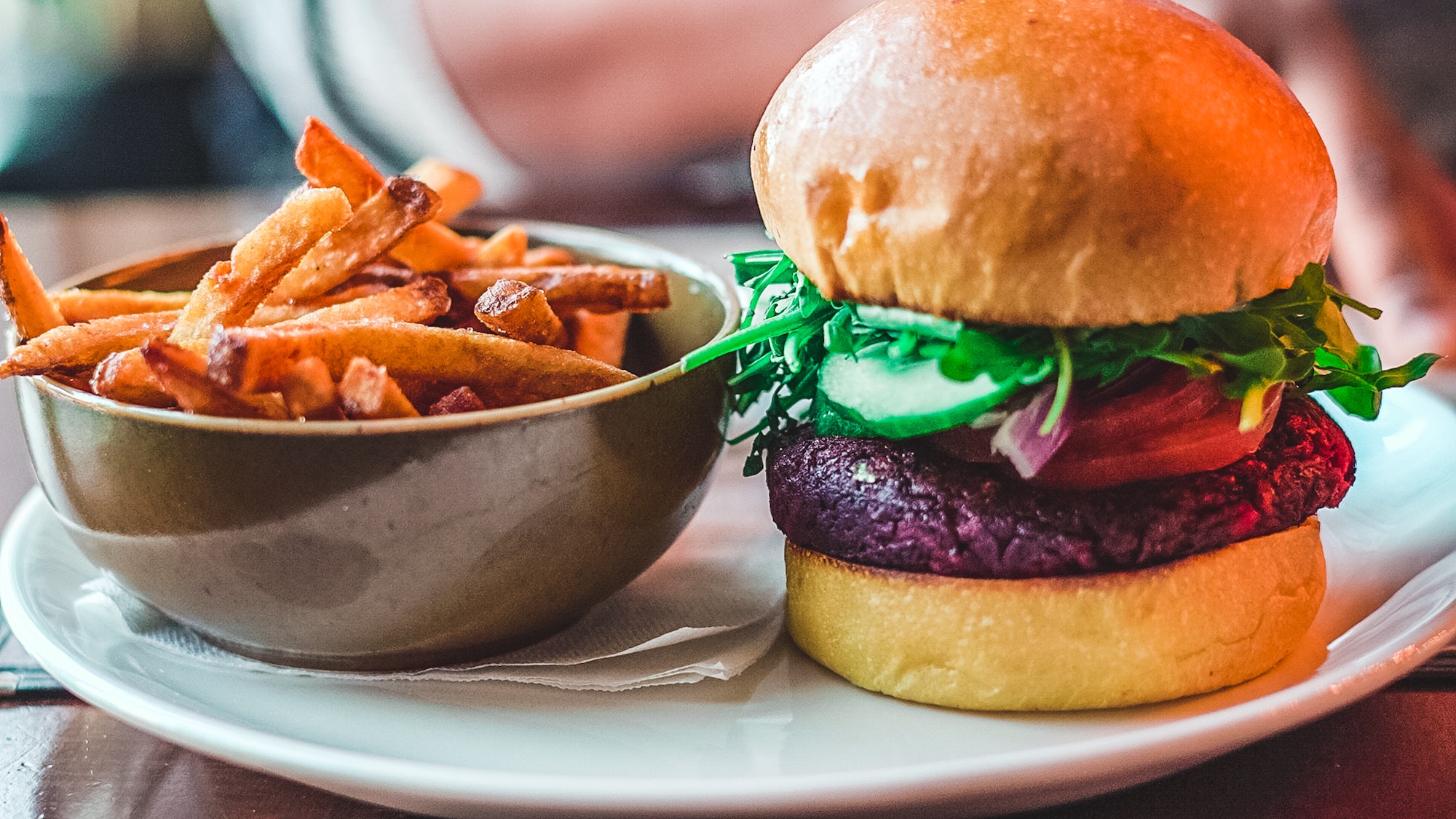Israeli lab-grown meat developer Future Meat Technologies has raised USD 347 million in a Series B funding round to build a US production facility for its cell-grown meat products, the company announced on Sunday, according to Bloomberg. This is the largest investment in a cultured meat company to date.
The investment was co-led by ADM Ventures, part of agriculture giant Archer-Daniels-Midland Co, and an unnamed global tech investor, according to Future Meat founder and CEO Yaakov Nahmias. The round was also joined by Tyson Foods Inc, the biggest US meat company.
Rehovot-based Future Meat declined to provide a valuation, but food tech industry sources told Globes that they estimate the valuation to be at more than USD 900 million. Future Meat Technologies was founded in 2018 to focus on cost-efficient production of meat directly from animal cells, free of genetically modified organisms (GMO).
The technology is based on Nachmias’ work at the Hebrew University of Jerusalem, and is licensed through its technology transfer company, Yissum. Nahmias has previously highlighted that Future Meat is the “only company that can produce animal fat without harvesting animals and without genetic modification.”
Nahmias told Bloomberg that the company plans to build a 13,000-gallon production facility in the US over the next year as it awaits US regulatory approval. It’s currently looking at Boston and Minneapolis for possible locations.
The company already has one establishment in Rehovot. In June, Nahmias told NoCamels that the new production facility will be a real “game-changer,” that will allow the company to “move out of the lab to grow hundreds of kilograms of meat in stainless steel vessels.”
“Production is cleaner and more efficient. Most importantly, it allows us to speed up regulatory approval to aim for market [entry] by 2022,” Nahmias said.
The article was originally published by NoCamels, a leading news website covering breakthrough innovation from Israel for a global audience.

